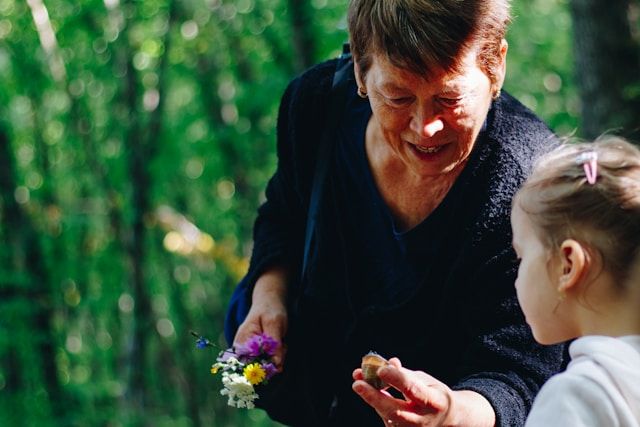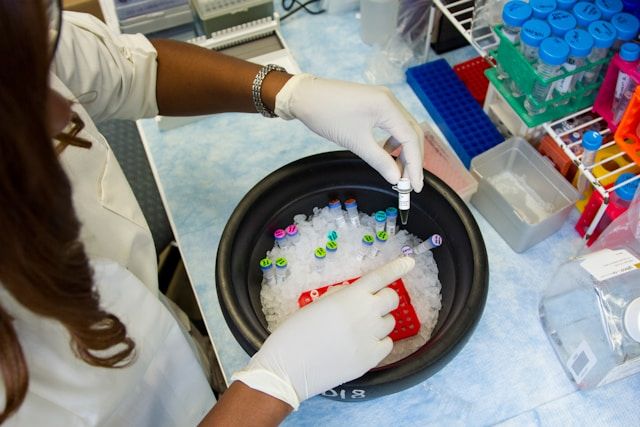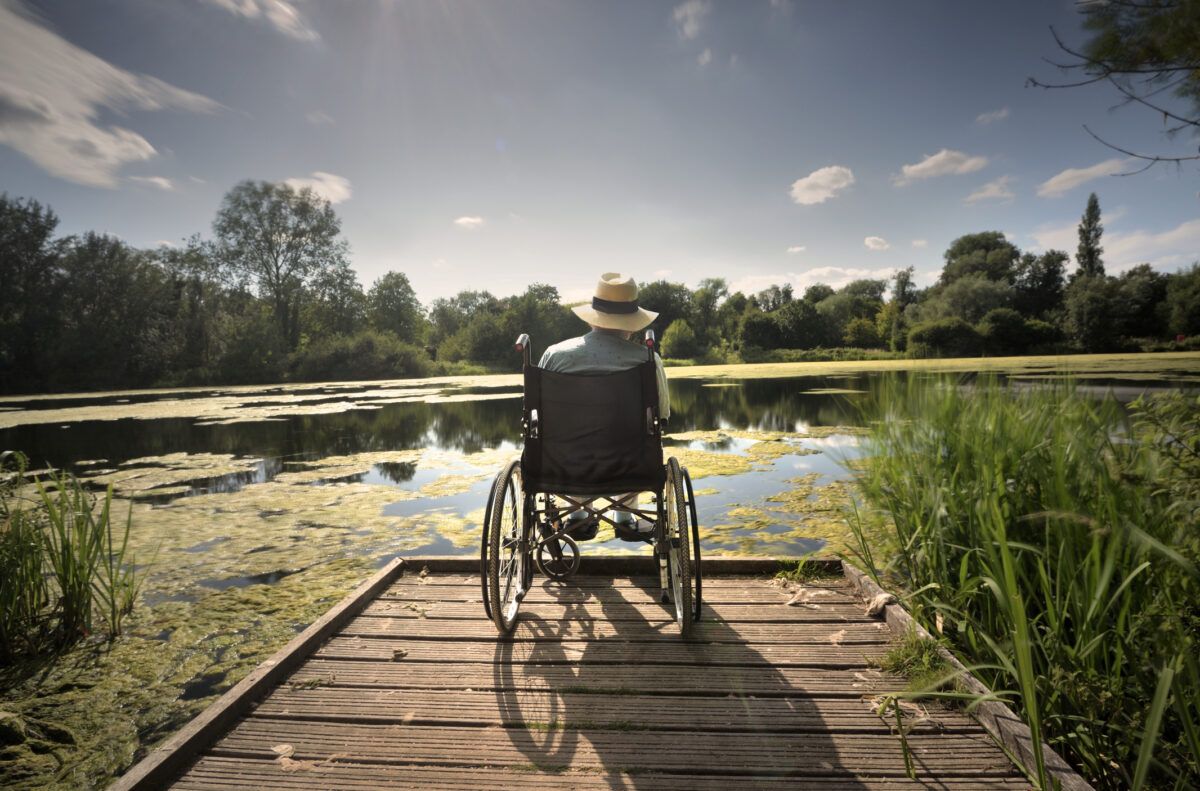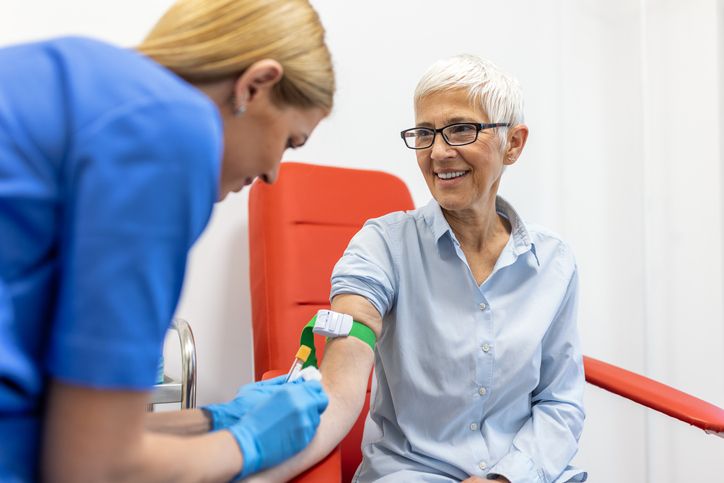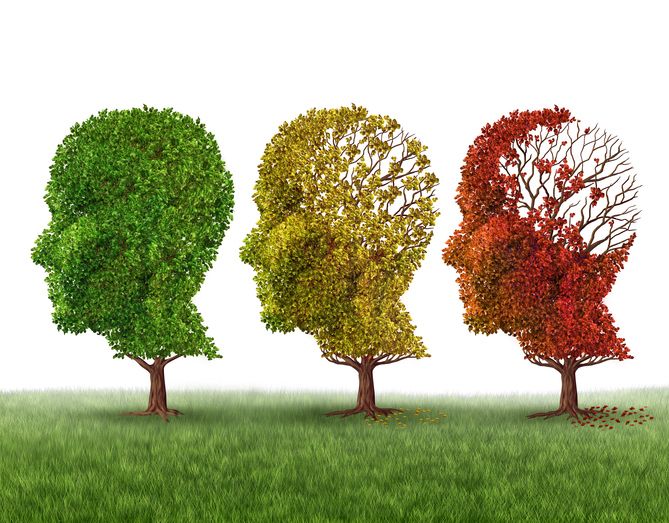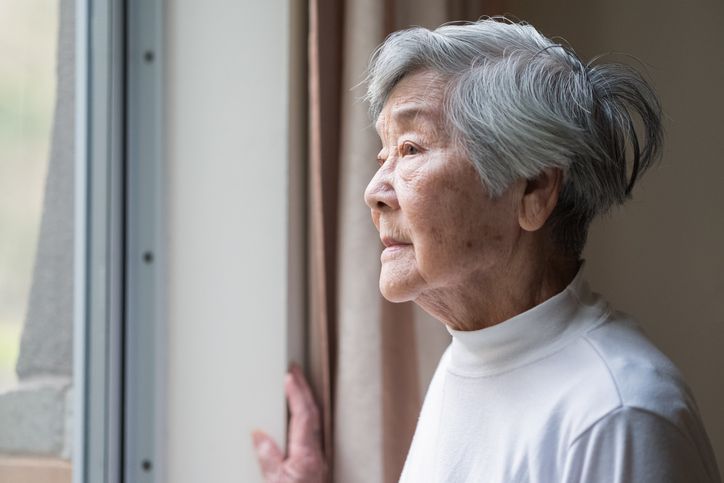Helping the Helpers: How Caregivers and Care Partners Can Stay Healthy and Avoid Burnout
When a person is diagnosed with dementia, family members are often the first to step up and help. Across the U.S., only about a quarter of dementia caregivers are from outside the circle of family and close friends.
Studies show that many caregivers face stress, mental health challenges and “caregiver guilt,” at times feeling like they must sacrifice their own self-care in service of the person for whom they are caring. Accordingly, they may be at higher risk for both physical and mental health conditions: 94% of caregivers are sleep-deprived. They are more than twice as likely to develop depression, a major risk factor for dementia and almost twice as likely to develop cognitive impairment themselves.
Underlying all of this is the importance of preventing burnout. Here are a few science-backed strategies that can help.
1. Find time for yourself
According to psychologist and author Dale Atkins, practicing self-care and compassion is critical to help caregivers sustain themselves.
“Are we able to get a neighbor to come in to sit with our loved one for a while and listen to music, or to play a game, or to perhaps plant a plant in a pot, while we take a 10-minute break or a 15-minute break?” Atkins asked. As challenging as it may be to carve out time for oneself, she noted, it is important for caregivers to find time during the day where they can center themselves and attend to their own physical and mental health. Taking care of oneself, she reminds us, is central to one’s ability to take care of another.
2. Get moving
Studies show that exercise causes the release of hormones that produce stress-relief and may also reduce symptoms of anxiety or depression. Suffice it to say, staying physically active boosts both your body and your brain. Exercise doesn’t need to be strenuous to exert these beneficial effects: Experts say that even taking a stroll outside is shown to improve mood and reduce stress in both the short and long-term.
3. Ask for help if you’re feeling worn out
While the caregiving journey is a tough one, experts say there’s one important thing caregivers should always remember: Don’t hesitate to ask for help when you need it. Many others are going through similar experiences — and many advocacy and community organizations, healthcare professionals, therapists — and sometimes, friends and family who might step in if they knew how — are out there ready to help.
Despite the resources available, a caregiver survey revealed that three out of four caregivers decline to take advantage of the support that’s out there just for them.
Studies support therapy as an effective tool for learning strategies to prevent caregiver burnout, manage caregiver guilt and deal with depression. Don’t think you have time for it? Apply to get paid for your family caregiving time, or build out a caregiving team that can support you when you need a break, whether paid or volunteer.
The rewards of caregiving
While the caregiving experience is full of challenges, knowing that you’re keeping a loved one safe and comfortable can also be deeply rewarding. Many caregivers report feeling a sense of personal accomplishment, growth and gratification, an increased sense of family cohesion, and a newfound purpose in their lives. If you’re stepping into a caregiving role, take care to prioritize your health, carve out time for yourself, join support networks, stay active, and avoid isolating.
Teepa Snow, caregiving consultant and occupational therapist, emphasized the importance of self-care in a recent Being Patient Live Talk. “Frankly, if you have no ability to thrive, you will not survive long as a carer. You will start to burn out and deteriorate,” she said. “If you’re already there, which any carers are, it’s time to recognize, ‘I could use some support.’ If you have to keep going, you definitely want some different support in place to make this work.”


